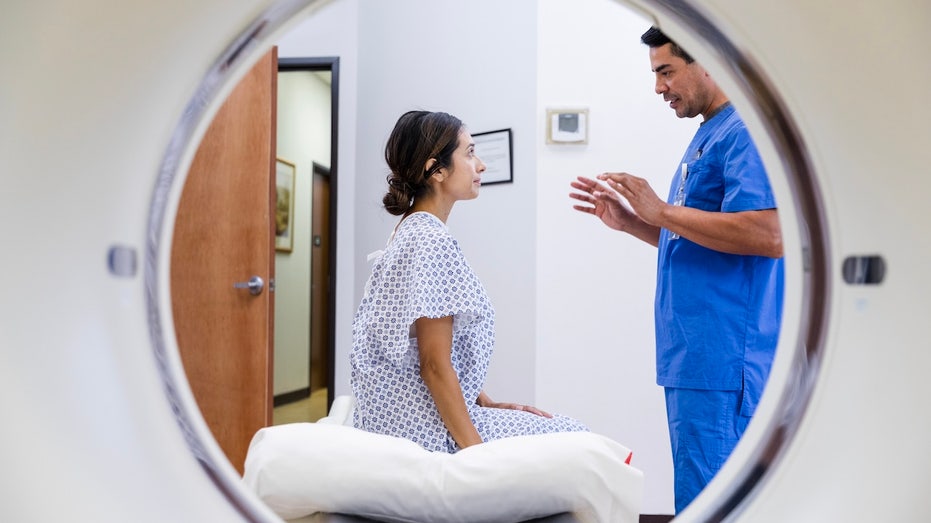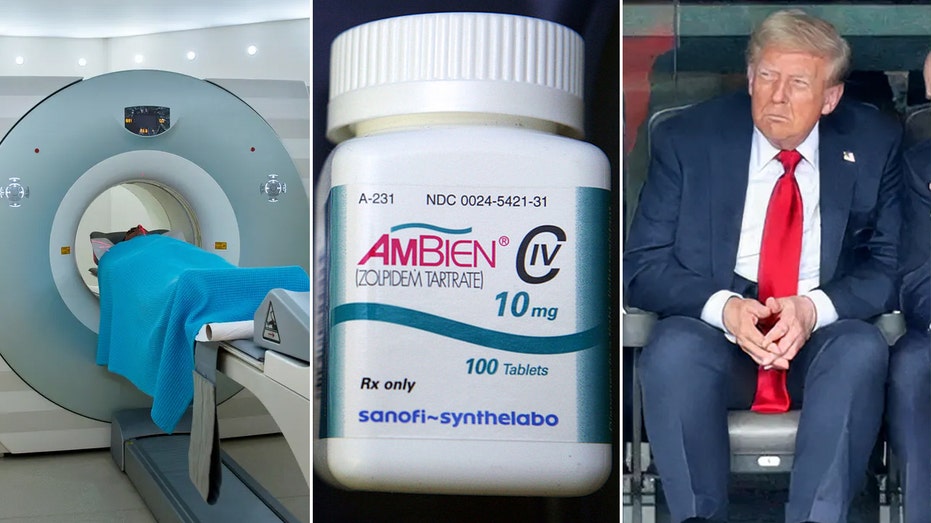New Study Links CT Scans to 5% of Cancers: Experts Advise Caution and Informed Use

Sarah Johnson
April 18, 2025
Brief
A UCSF study finds CT scans account for about 5% of U.S. cancer cases annually, urging reduced unnecessary scans and safer radiation doses to limit risk.
CT scans, an essential tool for internal imaging and medical diagnosis, are under fresh scrutiny as a new study from the University of California - San Francisco links them to about 5% of all cancer cases annually in the U.S.
According to Dr. Rebecca Smith-Bindman, the lead author and a UCSF radiologist, the ionizing radiation from these scans poses a hidden risk comparable to other known contributors like alcohol consumption and obesity. While some uncertainty remains, the core conclusion is clear: a meaningful portion of cancers can be attributed to CT scan radiation exposure, but this number is potentially reducible.
The research team updated prior models with 2023 data on scan frequency, types, and radiation doses. Their findings estimate about 103,000 future cancers will stem from CT scans performed last year, predominantly affecting adults between 50 and 69 years old. Notably, babies under one face the highest individual risk, being ten times more susceptible than others.
The cancers most commonly linked to CT radiation include lung, colon, leukemia, and breast cancers. Published April 14 in JAMA Internal Medicine and backed by NIH funding, the study flags a worrying increase in ‘low-value scanning’—imaging done without strong medical justification.
Dr. Smith-Bindman stresses the importance of avoiding unnecessary CT scans and encourages patients to discuss dose minimization with their healthcare providers. Alternative imaging methods like ultrasound or MRI, which don’t involve radiation, should be considered when appropriate. "If a CT scan is clearly needed, its benefits outweigh the risks, but if not, it's better to skip it," she advises.
Adding perspective, Dr. Nicole Saphier, a board-certified radiologist not involved in the study, pointed out that the research might even underestimate imaging-related cancers since it excludes radiation from other medical sources like X-rays and image-guided procedures. She emphasizes that while CT scans are a powerful, fast, and cost-effective diagnostic tool saving countless lives, judicious use is crucial to balance risks and benefits.
Considering the growing use of imaging in younger populations, lifetime cumulative radiation exposure is a mounting concern. Both clinicians and patients must engage in informed decision-making, aiming to limit unnecessary scans and apply the lowest effective radiation dose possible without compromising diagnostic quality.
Ultimately, this study isn’t a call to ditch CT scans but a plea for their wise and cautious use—as anything powerful enough to save lives also deserves respect for its risks.
Topics
Editor's Comments
It’s fascinating how a tool that’s become our go-to diagnostic superhero carries a shadow side as a cancer contributor. The warning about unnecessary scans popping up like 'low-value' medical fashion trends shows how even lifesaving tech can be overused in a health care system hungry for quick answers. Wise use isn’t just sensible—it’s essential.
Like this article? Share it with your friends!
If you find this article interesting, feel free to share it with your friends!
Thank you for your support! Sharing is the greatest encouragement for us.



